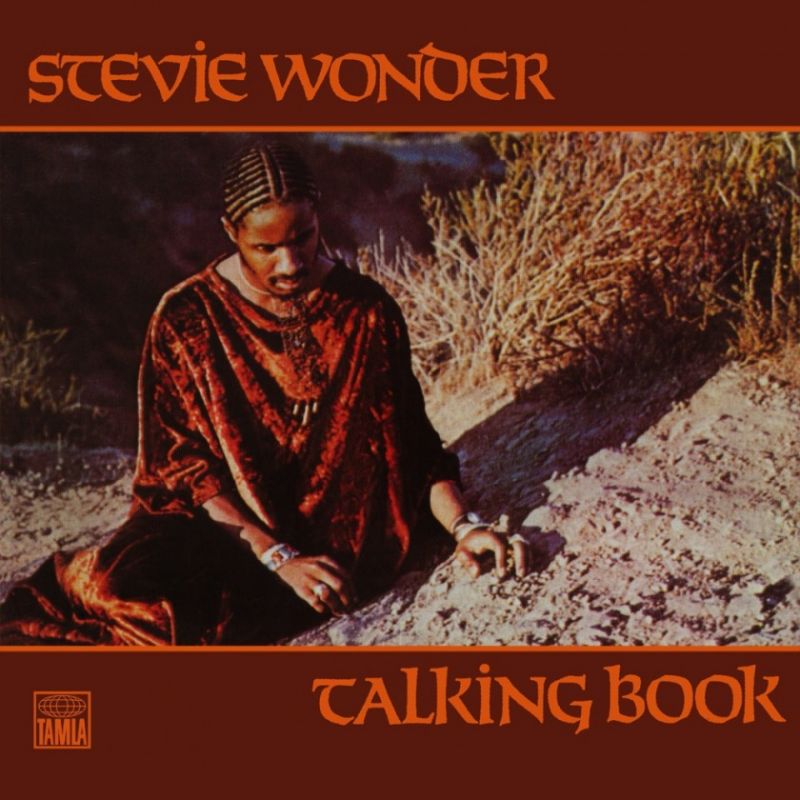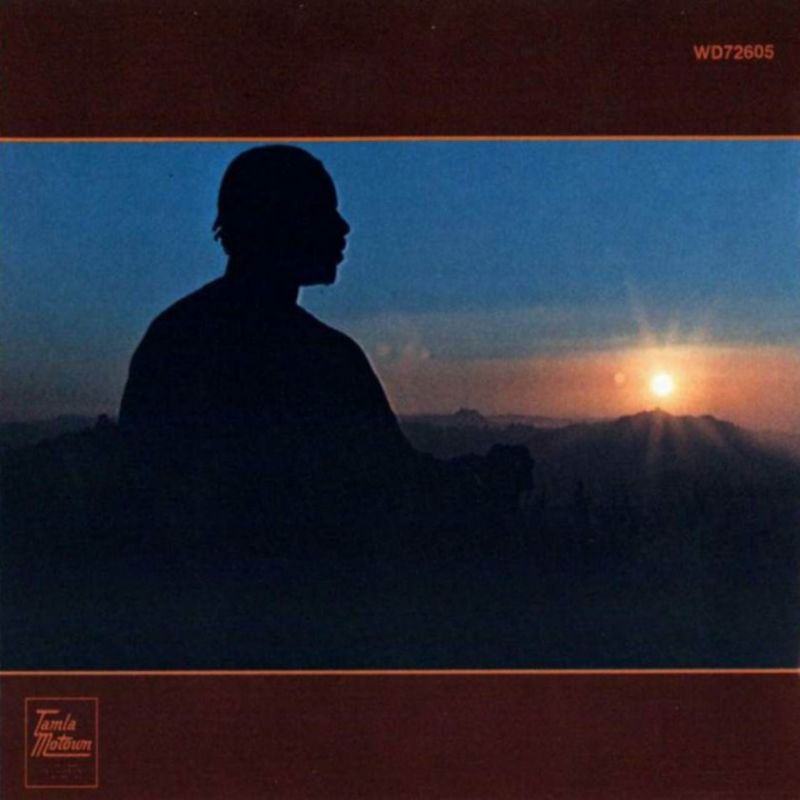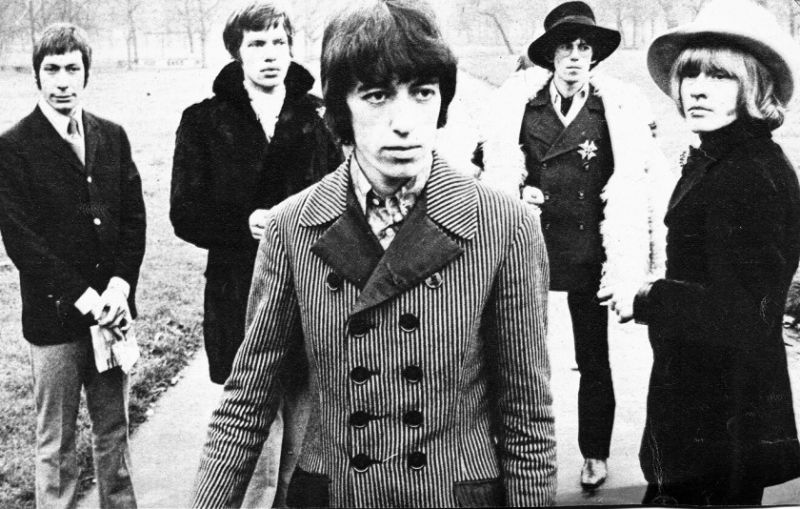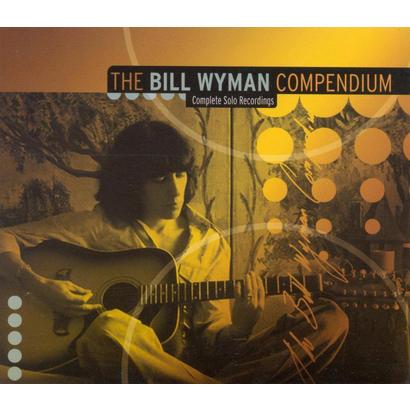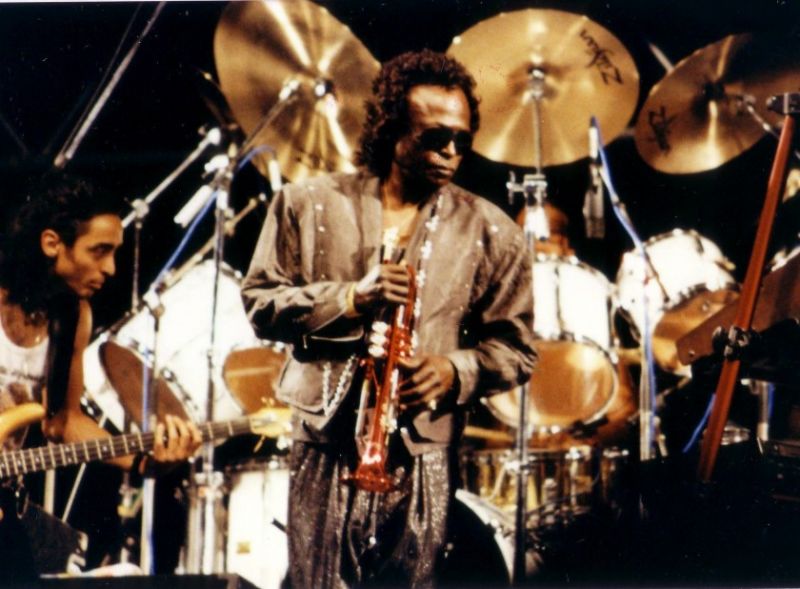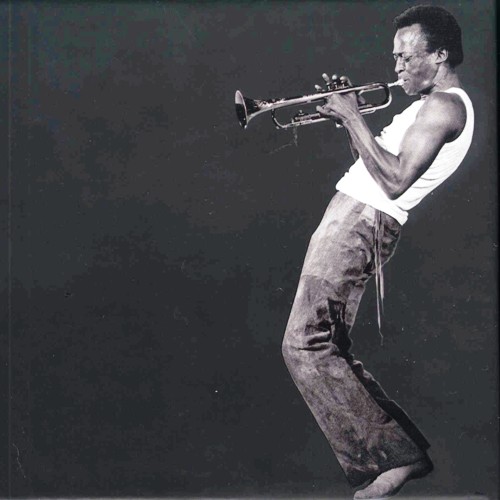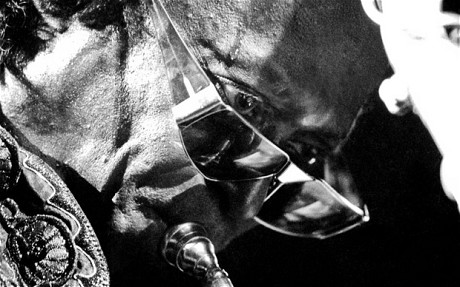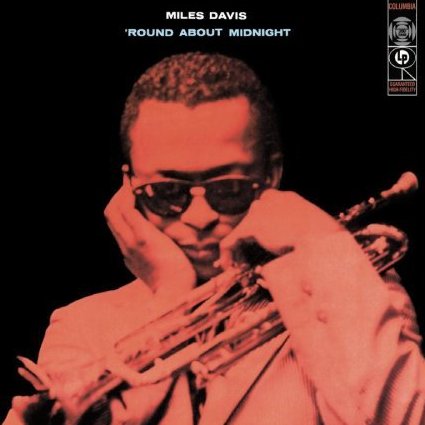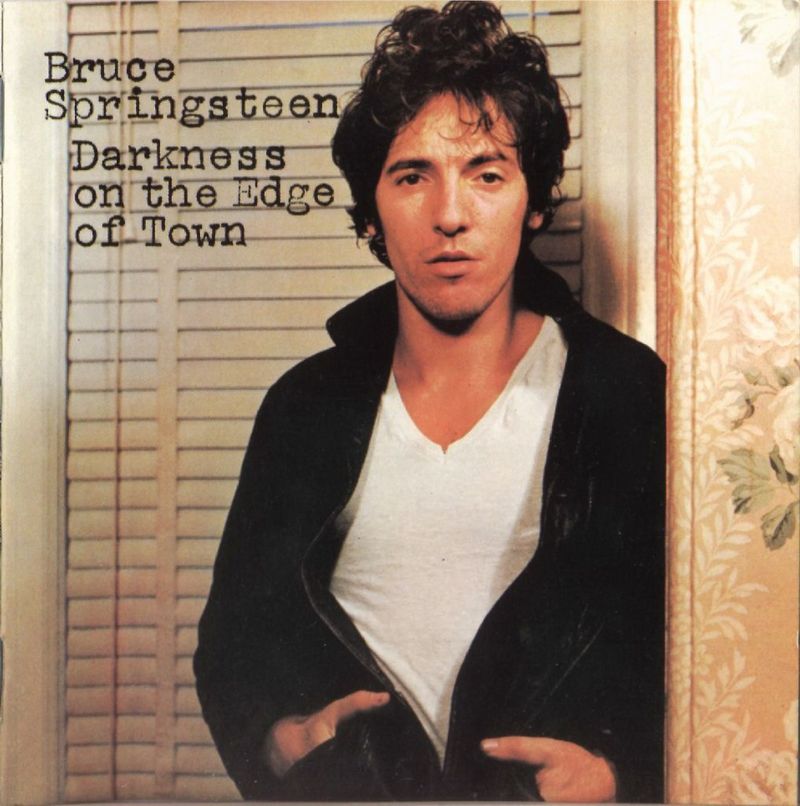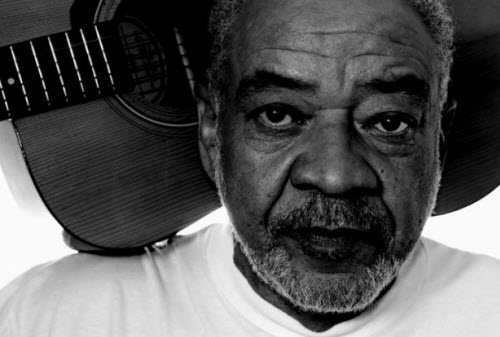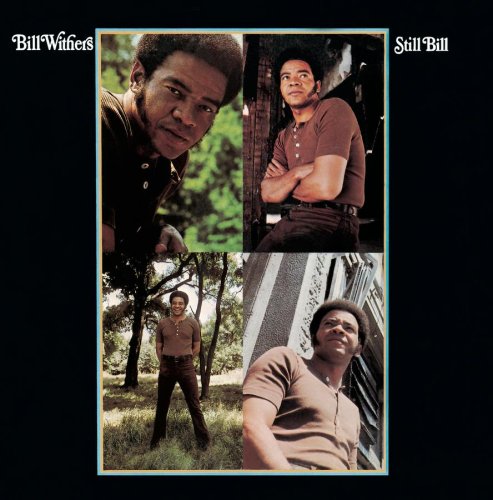The artist breaks through and takes control, though not in that order. Suddenly he’s writing better ballads than he used to choose, and not at any sacrifice of his endearing natural bathos (if you have doubts about “Sunshine of My Life,” try “Blame It on the Sun”). “Maybe Your Baby” and “Big Brother” continue his wild multi-voice experiments but come in out of left field. And “Superstition” translates his way of knowledge into hard-headed, hard-rocking political analysis.
~Robert Christgau
From Wikipedia:
| Released | October 28, 1972 |
|---|---|
| Recorded | 1972 |
| Genre | Soul, funk |
| Length | 43:31 |
| Label | Tamla |
| Producer | Stevie Wonder, Robert Margouleff,Malcolm Cecil |
Talking Book is the fifteenth album by Stevie Wonder, released on October 28, 1972. A signal recording of his “classic period”, in this one he “hit his stride.” The album’s first track, “You Are the Sunshine of My Life”, earned Wonder his first Grammy Award, for Best Male Pop Vocal Performance.
Superstition live on Sesame Street:
Sandwiched between the release of Music of My Mind and Innervisions, Talking Book saw Wonder enjoying more artistic freedom from Motown. Guest appearances include Jeff Beck, Ray Parker, Jr., David Sanborn, and Buzz Feiten. The sound of the album is sharply defined by Wonder’s keyboard work, especially with the synthesizers he incorporated, giving a funky edge to tracks like “Maybe Your Baby”. His use of the Hohner clavinet model C on “Superstition” is widely regarded as one of the definitive tracks featuring the instrument. His swinging clavinet and harmonica embellishments on “Big Brother”, though, defy categorization.
Reception:
Released after Wonder toured with the Rolling Stones in 1972, Talking Book became an immediate hit. The popular appeal of the recording helped destroy the myth that R&B artists were incapable of creating music that could be appreciated by rock audiences, and marked a unique period for R&B artists (especially Motown artists).
- Talking Book peaked at #3 on the Pop Albums chart, and became the first album for Wonder to top the Top R&B Albums chart where it remained for three weeks.
- Wonder won three awards for Talking Book at the 1974 Grammys: Best Male Pop Vocal Performance for “You Are the Sunshine of My Life”, and both Best Male R&B Vocal Performance and Best R&B Song for “Superstition”.
- Incidentally, at the same ceremony, Wonder’s next album, Innervisions, won Album of the Year and Talking Book’s producers Malcolm Cecil and Robert Margouleff won the Best Engineered Album, Non-Classical award for their work on that album.
- In 2003, the album was ranked number 90 on Rolling Stone magazine’s list of the 500 greatest albums of all time.
You are The Sunshine of My Life – Rainbow Theatre in London. Feb 1974:
Songs
- “You Are the Sunshine of My Life” 2:58
- “Maybe Your Baby” 6:51
- “You and I (We Can Conquer the World)” 4:38
- “Tuesday Heartbreak” 3:02
- “You’ve Got It Bad Girl” (Wonder, Yvonne Wright) 4:59
- “Superstition” 4:26
- “Big Brother” 3:34
- “Blame It on the Sun” (Wonder, Syreeta Wright) 3:26
- “Looking for Another Pure Love” (Wonder, Syreeta Wright) 4:43
- “I Believe (When I Fall in Love It Will Be Forever)” (Wonder, Yvonne Wright)
Album of the day – Talking Book (1972):
From allmusic.com – John Bush:
After releasing two “head” records during 1970-71, Stevie Wonder expanded his compositional palate with 1972’s Talking Book to include societal ills as well as tender love songs, and so recorded the first smash album of his career. What had been hinted at on the intriguing project Music of My Mind was here focused into a laser beam of tight songwriting, warm electronic arrangements, and ebullient performances — altogether the most realistic vision of musical personality ever put to wax, beginning with a disarmingly simple love song, “You Are the Sunshine of My Life” (but of course, it’s only the composition that’s simple). Stevie’s not always singing a tender ballad here — in fact, he flits from contentment to mistrust to promise to heartbreak within the course of the first four songs — but he never fails to render each song in the most vivid colors. In stark contrast to his early songs, which were clever but often relied on the Motown template of romantic metaphor, with Talking Book it became clear Stevie Wonder was beginning to speak his mind and use personal history for material (just as Marvin Gaye had with the social protest of 1971’s What’s Going On). … read more over @ allmusic.com
Other October 28:
Continue reading Today: Stevie Wonder released “Talking Book” in 1972 – 41 years ago

